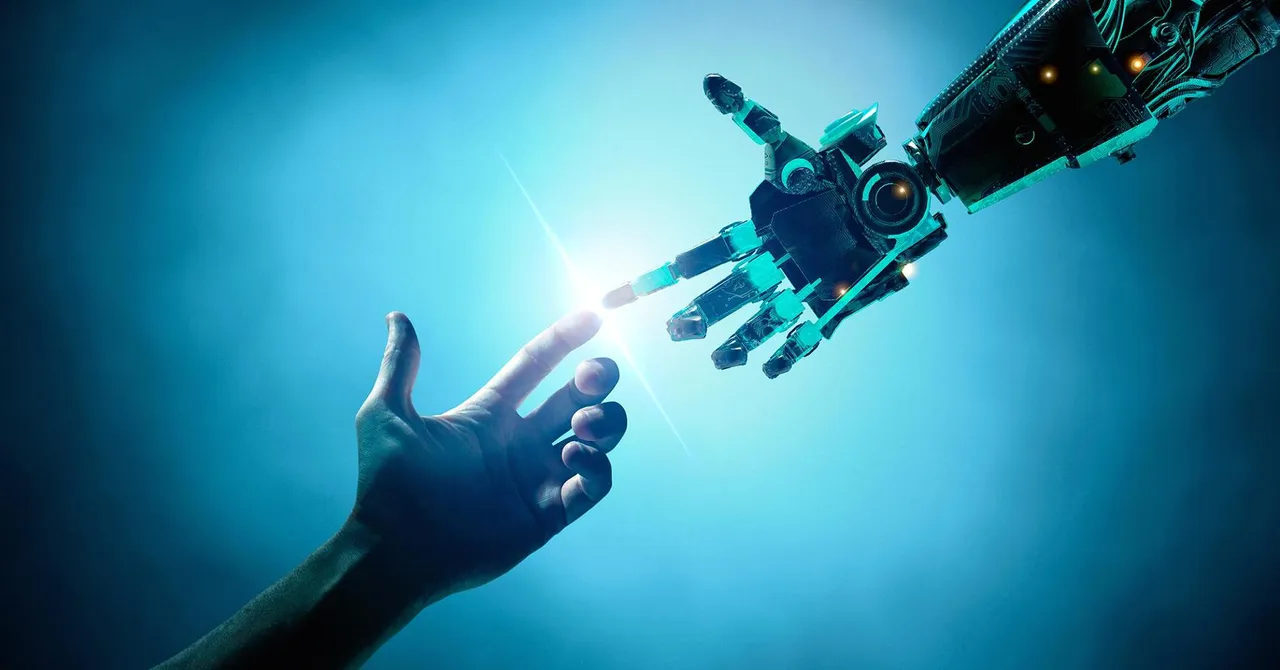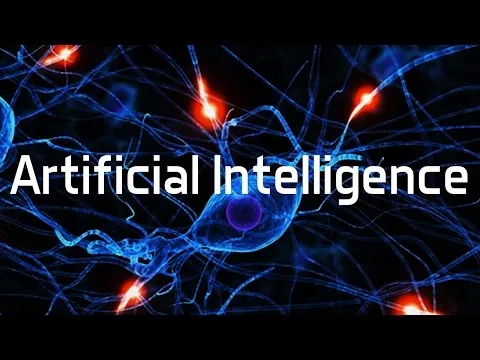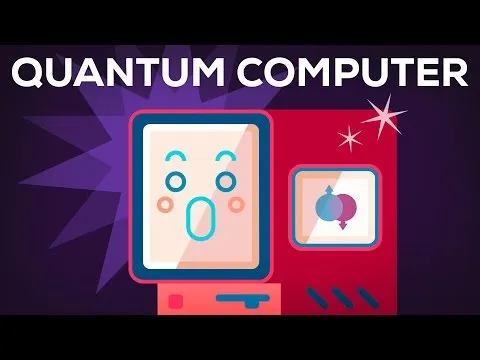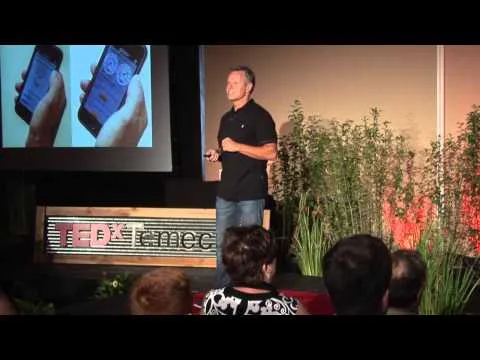
Where are we headed?
We are on the brink of the fourth industrial revolution, progressing as we speak to unite our technology, our biology and emergent AI together. We are changing ourselves, our behaviours, and the way we live. Technology is on the cusp of becoming so integral to our lives that we would barely notice it's there.
AI
Breakthroughs in artificial intelligence are increasing in frequency. We have AI that monitor our health, track our spending habits. We have AI that can win at general knowledge game shows and play games. The information around us is becoming ever further integrated with AI as the masses of data are beyond conventional computing. New computing that utilises neural networks, mimic the structure of the brain to accelerate machine learning.
Just last year Google’s DeepMind project AlphaGo mastered the ancient Chinese game of Go and beat the 18-time world champion. Just this month they unveiled AlphaGo Zero, an AI that taught itself how to play the game on its own with no human intervention. Beginning as a complete novice, after just 3 days it beat the former AI 100 games to 0!
That’s right, we now have AI that can learn on its own...
This is a big step towards the development of general-purpose algorithms that can learn from big data, sort and process it and communicate it across networks to relevant platforms. While it might not be human-level intelligence yet, the more data that is fed into these learning AI the better they are at processing it. They can also learn from their mistakes and improve upon themselves continuously. Some of the AI today have algorithms of their own devising that we can’t understand.
In the future there will be an inevitable encroaching on jobs as AI can be set to learn almost any task, even those previously thought to be only performable by humans. We already have AI that can make better decisions than doctors.
Quantum computers
While regular computers use 0s and 1s, quantum computer uses superstates that can be 0 and 1 at the same time, by being able to be in this superstate, each iteration of a task can compute simultaneously with the next, allowing them to compute tasks in a fraction of the time.
What will happen when quantum computers meet AI? Google’s Quantum Artificial Intelligence lab, in collaboration with Google, NASA Ames Research Center and USRA, is making it happen.
If we are unable to keep pace with AI now, when quantum computing meets neural nets, we could reach the singularity a lot sooner than predicted.
Could a genuine consciousness develop? That would depend on our definition of consciousness, we do not yet understand it ourselves. Whether it is intrinsic to the universe or a result of brain computations, there is a quantum nature to our own brains, so perhaps consciousness can arise from or make home in an AI mind.
In the meantime AI is being used in more and more applications and it is up to us to use it responsibly. We can use AI for the good of mankind, improving every aspect of our lives however we must also and set up protocols that guard against its misuse, protect our data and prevent the automation of our arms industries and wars. Terminator’s Skynet could be just around the corner.
The Internet of things
Most of you I would guess have some sort of mobile device you carry around you on your person. A device that has become so integral to many of our lives that we feel lost without it. This device holds all manner of your personal information, it facilitates your digital communication and it serves as a constant source of entertainment.
How often do your fingers twitch, the urge to check your phone, to browse the endless social platforms,to game or to watch video after video, caught in a loop of information overload?
We now have TVs that watch you back and smart devices we wear on our wrists. We can now have AI personal assistants in our homes. All manner of data is collected and analysed, this is only advancing as further wearables and smart devices are being developed and more of these devices are being connected together and can communicate with each other over networks.
When big data merges with AI as is already starting to happen you could have all manner of applications, while many are positive, such as the advancements to medicine and the development of AI in diagnosis and treatments, there are several that are a bit worrying. While most of us can say we have nothing to hide, there is an AI out there that can predict crimes before they even happen. Think what that could mean for the enforcement of any one agenda when they can track any person and predict their next move?
Biotechnology
Our medicine and our technology are merging and brain-computer interfaces are being devised to control applications and robotic limbs. Imagine, a direct brain to internet communication, we are closer than you think. Soon we could be having all manner of implants to change and upgrade ourselves.
We can only see a small spectrum of visible light, Imagine if we could get an implant that expanded the range of wavelengths you could perceive allowing you to ‘see’ heat or look through walls. If there was a chip that improved memory and cognitive functioning, wouldn’t you want that upgrade if others were getting it? Would we ever get a bionic limb as an upgrade to a normal functioning one?
Elon Musk is developing a device called a Neural Lace which he designed to augment human intelligence and help us keep pace with AI in years to come.
We are on the verge of becoming superhumans, but there is always that question of those left behind, outpriced and outcompeted by those richer and more upgraded. What sort of a world do you want to live in?
Automation
Humanoid robots are becoming more proficient at performing a variety of tasks, pretty soon we could be having robot assistants serve our every needs while algorithms can crunch data and come by better decisions than any human counterparts. As the advances in technology sweep the planet, productivity is rising, however our quality of life is not. We must think about solutions like universal basic income and resource-based economies as we move into our future societies where AI handles most of the work and people are left with less and less to do.
While previous industrial revolutions created more jobs, this one is actually creating less as increasing productivity requires fewer and fewer humans.
Many of these advancements will have an impact on ourselves. We are becoming addicted to our devices and more disconnected from reality. The leaps we are taking will need a population that is aware of the possible implications so that we can steer the future away from the reflections of Charlie Brooker’s Black Mirror and into one where humans, technology and the planet can peacefully coexist.
We must be wary of the over reliance on technology and the increasing connectivity of cameras and personal data to intelligence agencies that can track our every move. We are allowing AI more control over our lives at an increasing pase. We must continuously learn if we are to keep up with the advancements coming our way and work towards a society that benefits the collective, not just the developers of the technology.





